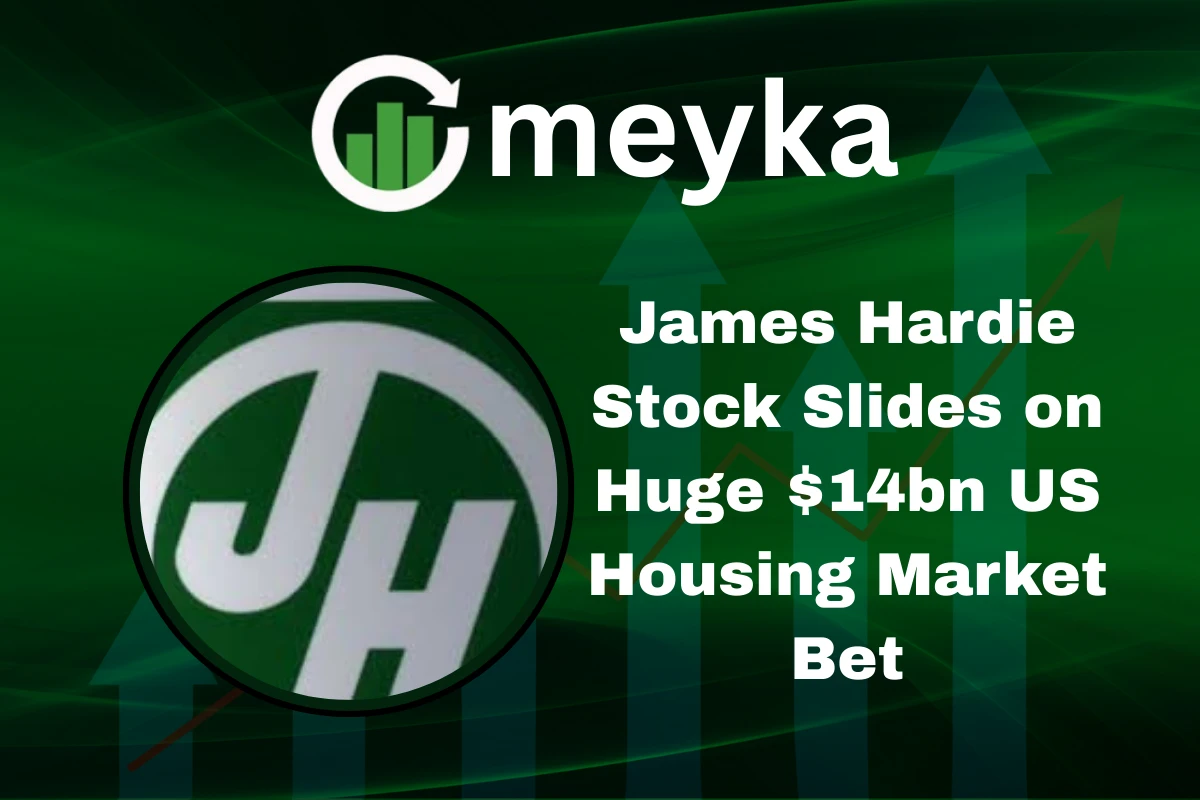James Hardie Stock Slides on Huge $14bn US Housing Market Bet
James Hardie shares faced a sharp decline after the company revealed its massive $14 billion investment in the US housing market. The news has sparked concerns among investors and analysts, as the building materials giant bets big on a sector that has recently shown signs of slowing growth.
Continue Reading on Meyka
This article is available in full on our main platform. Get access to complete analysis, stock insights, and more.
Read Full Article →





